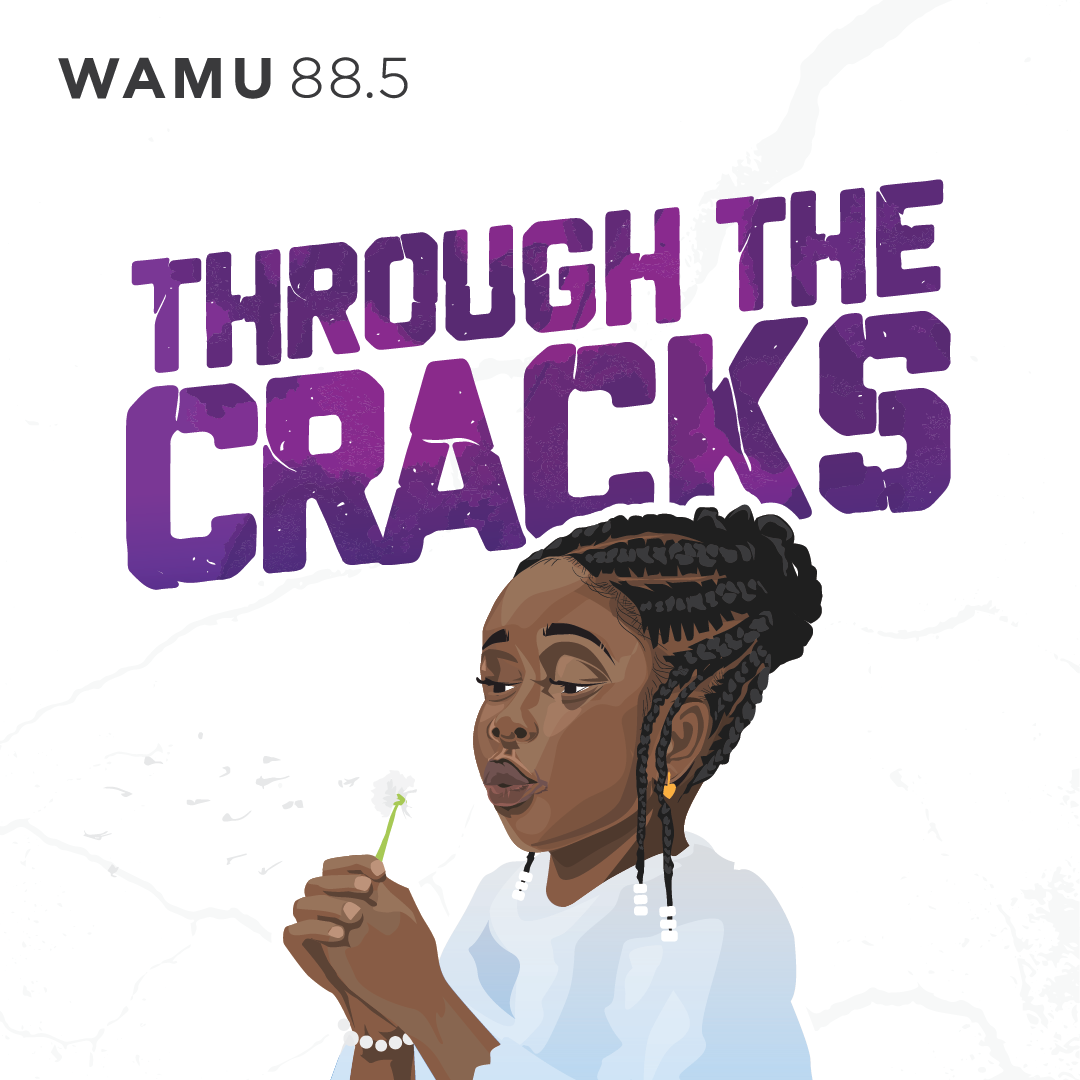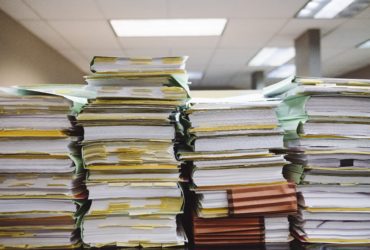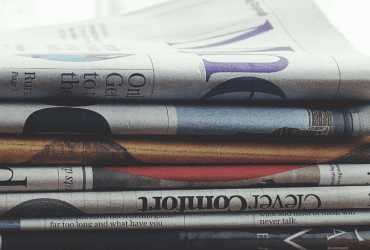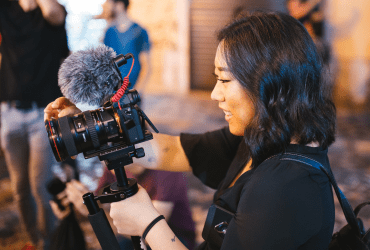By Eric Ferrero, Executive Director
Nobody noticed when 8-year-old Relisha Rudd disappeared from the Washington, DC, homeless shelter where she was living with her family in 2014. By the time authorities finally declared her missing, 18 days had passed since anyone had seen her. Relisha has never been found.
A new podcast, “Through the Cracks,” revisits Relisha’s disappearance – asking whether it was unpreventable, as the city later claimed, and investigating gaps in society and the people who fall through them.
Jonquilyn Hill, a producer of the popular morning news program 1A at WAMU in Washington that is broadcast nationally on NPR stations, applied for a grant from the Fund for Investigative Journalism in 2019 to develop the podcast. Relisha’s case – and its larger implications – had nagged at Hill for years. The grant helped give her the resources to dig into it and create a remarkable eight-episode podcast available on all platforms.
I asked Hill to share how she did it and what advice she has for other investigative journalists.
When you initially set out to develop “Through the Cracks,” how did you get started? How did you approach structuring the series and figuring out the arc across episodes?
There were so many iterations of how the season would play out. Initially the idea was to approach the narrative by doing an episode on each of the entities that touched the lives of Relisha and her family – the public school system, the Department of Human Services, the Department of Behavioral Health, etc. Over time, we realized that approach really robbed this story of its soul: it’s about Relisha. The more we centered her and her story, the more heart each draft had. It became more compelling, more thoughtful, and more informative.
You developed this podcast around a case that had been widely covered for years, which is especially challenging. How did you uncover new information and perspectives for this project, and what advice do you have for other reporters who are trying to get traction for projects that have been covered extensively already?
It was admittedly really daunting to start this podcast because of all of the fantastic and thorough reporting throughout the years. Relisha Rudd’s name may not be as well known as JonBenet Ramsey’s or Natalie Holloway’s, but her case really gripped D.C. in 2014. At the same time, that reporting was helpful. It created leads for new information and new interview subjects. One piece of advice that I would give reporters is to allow themselves the freedom to bring their own skills and experiences to the reporting. Some interviewees said they opened up to me in new ways, because it was their first time telling their story to a Black journalist. There’s a rightful wariness that some people have when it comes to talking to reporters, and it was something I addressed head-on rather than dancing around it.
One of the lines that really stuck with me from the first episode was when you talk about moving to Washington, DC, as a young Black woman yourself and later thinking, about Relisha, “If there’s any place a little Black girl should be cared for, it’s here.” How did your own identity and experience shape your approach to this story?
I think one of the reasons this story sticks with me is because Relisha is a little Black girl. We often aren’t afforded the innocence of childhood. There was a study from Georgetown Law’s Center on Poverty a couple years ago about the “adultification” of Black girls. I carried that with me throughout the reporting and the production process; it’s my guiding light. I want to give Relisha and other Black girls the care and tenderness that we often aren’t automatically afforded.
Last week, I looked at your initial application for a grant from us, back in September 2019, and you said that you were doing research and field work for the podcast in your “spare time on evenings and weekends” and this grant would help you dig into it more fully and quickly, as part of your job producing at WAMU. What suggestions do you have for other reporters who are trying to integrate a passion project into their day job?
Communication and time management are key when doing work in the off-hours. The team on 1A, where I work when not doing the podcast full time, were aware of the project from the get-go. I’m very fortunate to have bosses that encourage creativity; many of the other producers make podcasts or do other forms of reporting in their spare time. I also became a big fan of timers during the reporting process: setting certain amounts of time to send emails, file FOIA requests, and make phone calls.
This project hits at the intersection of three of the biggest issues in the field of journalism today – supporting journalists of color and telling stories that affect communities of color; investing in local accountability reporting; and developing innovative storytelling platforms that engage new audiences. How can all of us – reporters, news managers, funders, partners – make more projects like “Through the Cracks” possible?
I think the key is getting support to take a risk. This was my first large investigative project. I had to get out of my lane as a live radio show producer and stretch a different set of journalism muscles. To be quite frank, people who look like me aren’t often afforded that opportunity. At most news organizations, white men are often given the biggest, riskiest assignments and able to make the biggest leaps professionally. But beyond them, there is so much untapped talent out there: people from marginalized groups who want to tell their communities’ stories. For me, the Fund for Investigative Journalism grant was a major factor in being able to pursue “Through the Cracks” full-time. The funding allowed me to free up my time, and allowed me to purchase equipment we needed to report during the pandemic: boom poles for socially-distant interviews, equipment for recording from home, transportation to outdoor interview locations. With this kind of financial and professional support, more journalists can tell stories like “Through the Cracks.” And that’s good for everyone.




